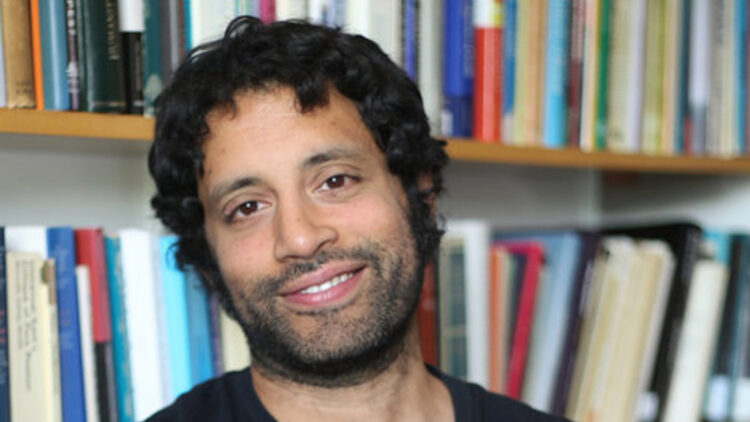By Gavin Mackintosh-
A Cambridge University Professor has said that the University is going far enough to champion free speech? Not quite. He suggested that the relationship Cambridge University has with other universities made it potentially guilty of “double standards” given freedom of expression is a “core value” of the University, according to their 2020 statement.
In an interview with Varsity, Cambridge University student paper, Arif Ahmed, an outspoken philosophy lecturer at Gonville & Caius College, said that “free speech is deeply radical and progressive”, but is currently under threat in Cambridge.
“Just as you get training about consent, sexual health, and fire safety, there should also be some sort of introduction about free speech”, he said.
The outspoken philosopher called for an environment in which people could say pretty much anything you like and other people can say whatever they like as well, regardless of whether they are offended or not.
“You can expect to be offended and being offended or shocked shouldn’t automatically be grounds for complaint”.
He criticised the idea of restricting the expression of other people’s views. “it is a very natural impulse to try and suppress the views of people you don’t agree with.”
In 2020, he led the charge against the University’s plans for a new “free speech” policy which Ahmed wrote would have “required all of us to ‘respect’ the opinions and ‘identities’ of others” – plans which “offered practically endless scope for censorship”.
The professor said there were speeches and debate necessary for a university to function”, in contrast to the idea of exercising tolerance under the stated guidelines to “tolerate” which he said leads to the suppression of speech.
Cambridge University’s governing body has abandoned all rules that inhibits free speech since December 2020, when Jordan Peterson was re-invited to Cambridge after the psychology professor had been disinvited in 2019.
He criticised “everyday infringements of free speech”, with people self-censoring on issues such as Brexit, the Israel-Palestine conflict and trans rights.
He added that people fear voicing their opinions not because others may “think they’re an idiot” but because of their concerns about retaliation from employers, citing a recent UCU survey which suggested British academics self-censor more than their European counterparts for fear of punishments from their employers.
In relation to free speech translating to hate speech, Ahmed said universities, should only prevent speech if it directly crosses a “clear and serious line like the incitement of violence or legal confidentiality.
He argues that the people in power generally set the bounds of acceptable speech and as such censorship often involves “instances of people who have power oppressing people who don’t”.
He cited Margaret Thatcher’s Section 28, which banned the “promotion of homosexuality” in schools, and McCarthyism in the United States, the crackdown on artists writers accused of harbouring communist sympathies, as examples of the suppression of left-wing voices.
Critics of the professor say his philosophy would allow people to condemn homesexuality and speak freely about trans issues in a way that could be very offensive.
English student, Phillip Clayton told The Eye Of Media.Com: ”whilst his philosophy seeks to champion free speech, it also provides an opportunity for people to degrade others, and disrespectful their personal beliefs.
Others agree with his philosophy that the right to express one’s views in a manner that encourages debates and frank discussions are healthy to the development of students.
Economics student, Omari Seyon said: ”People must be allowed to express their views on any issue, and others are free to challenge them, and each party presents the grounds for their views. Restricting views in an environment like this is counterproductive to educational development”.




